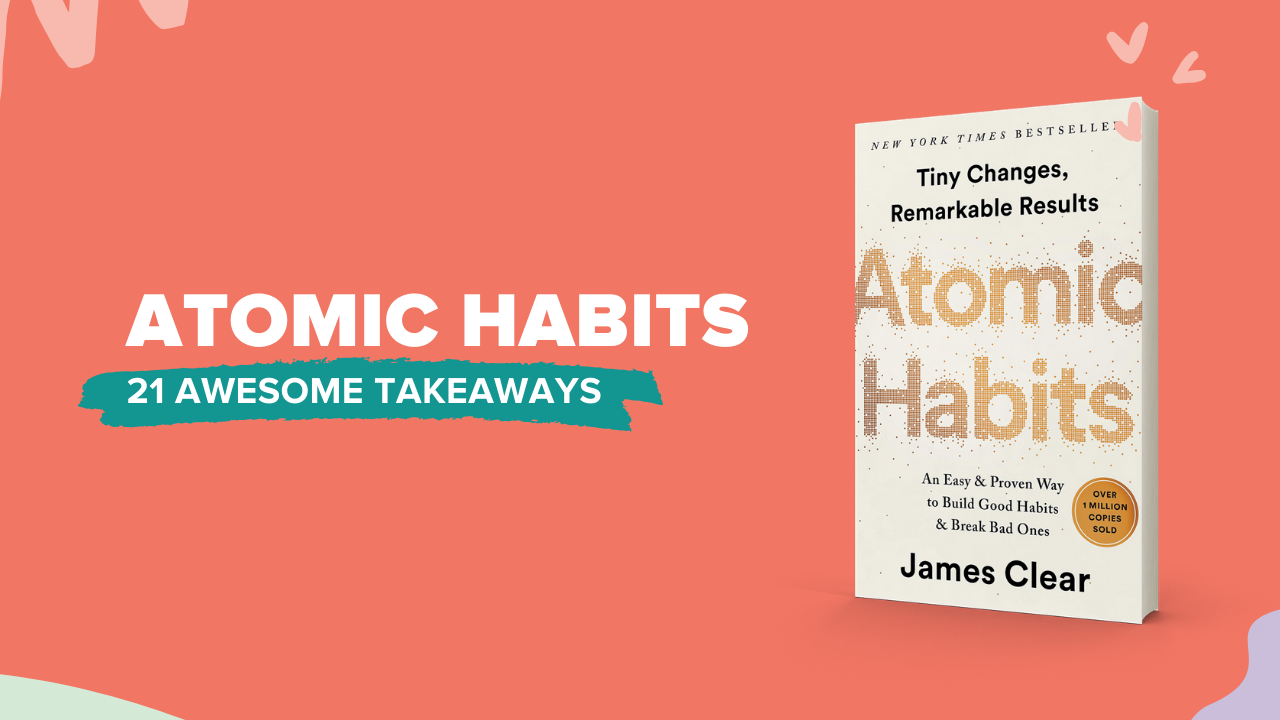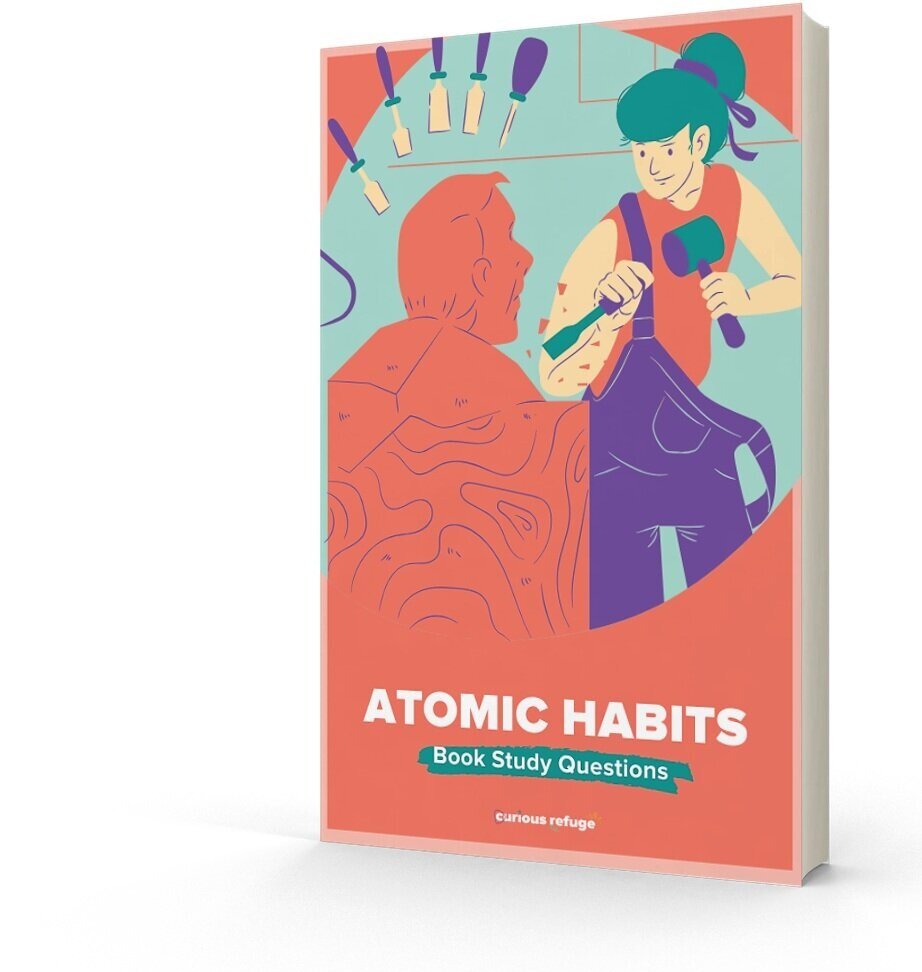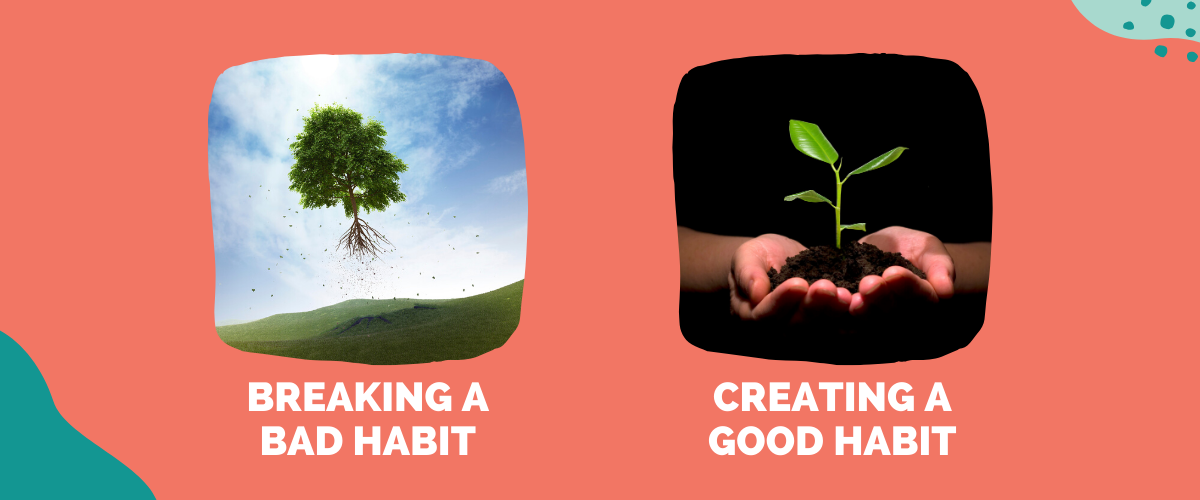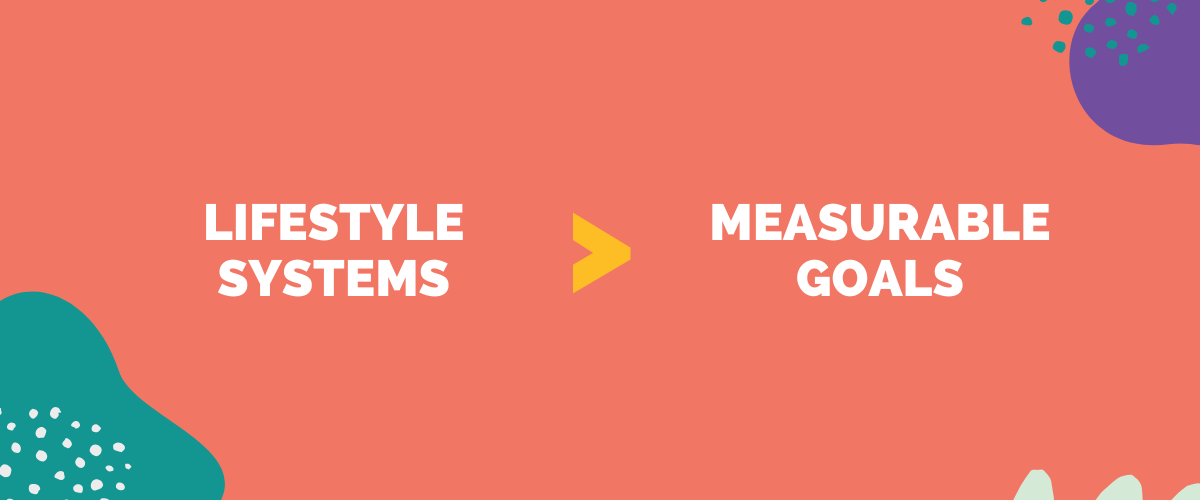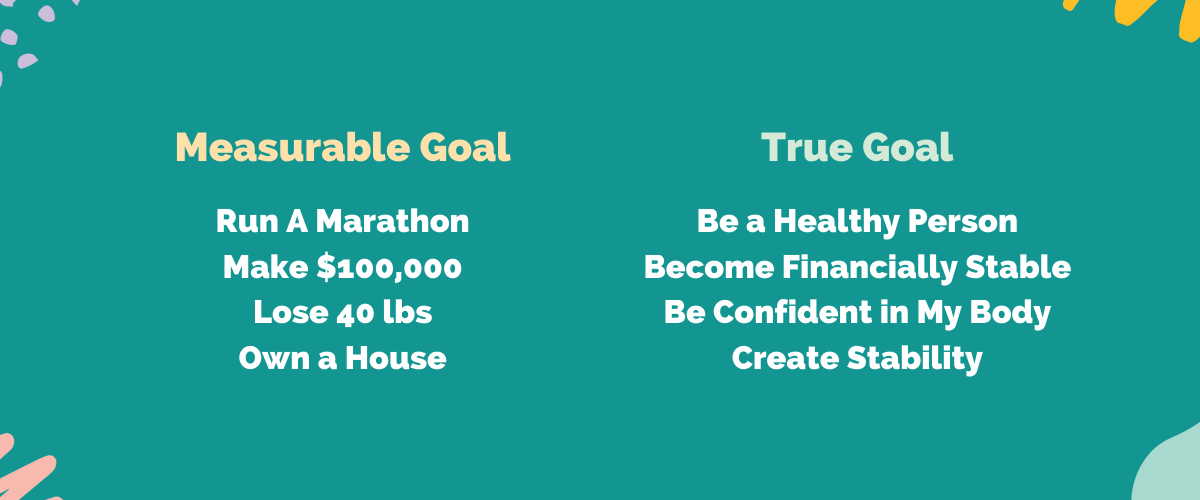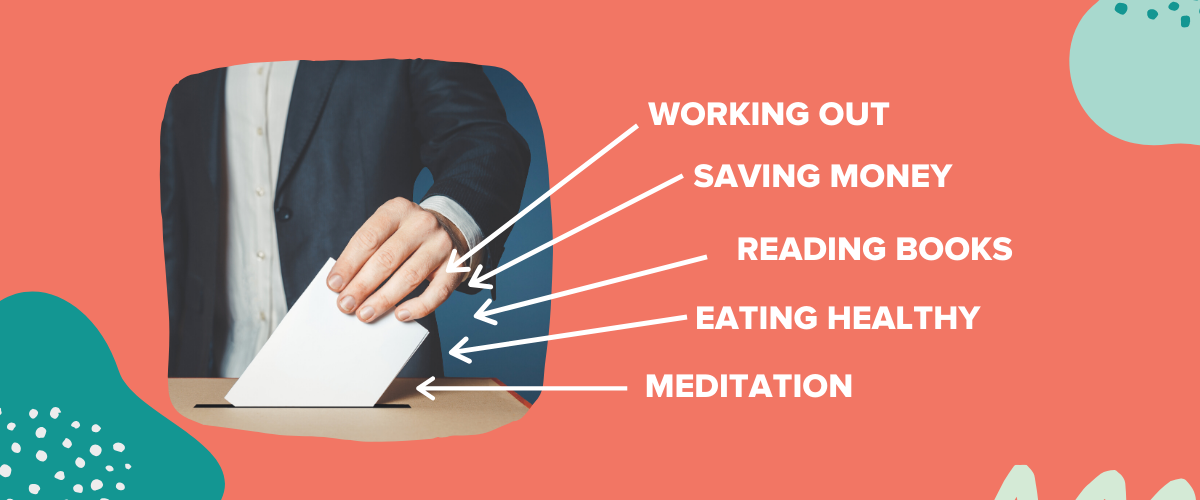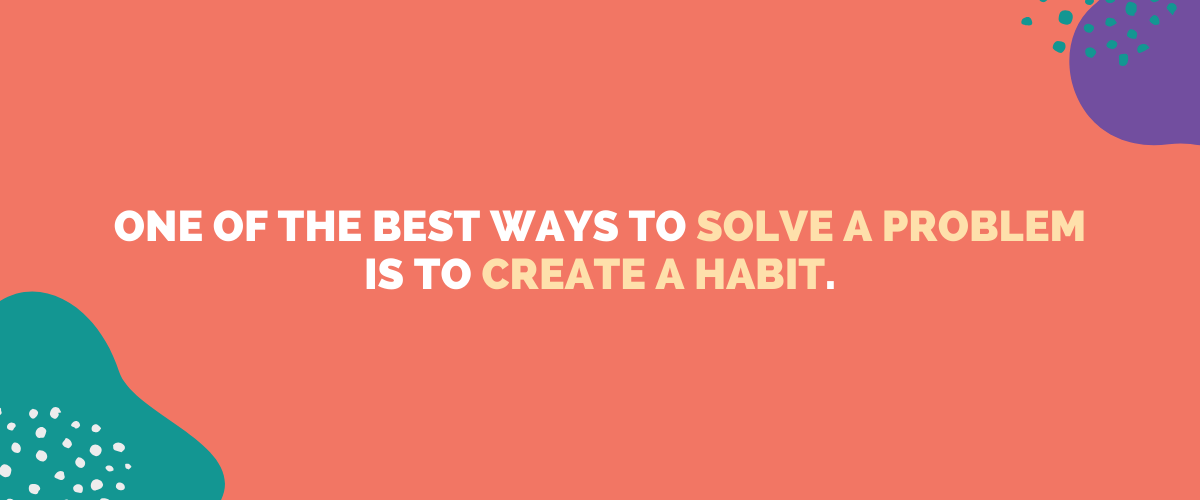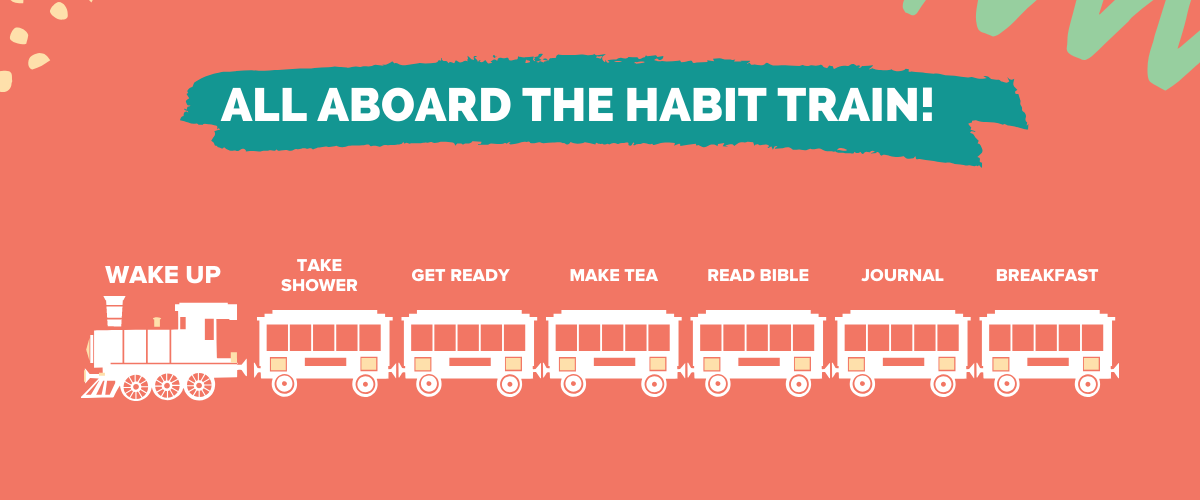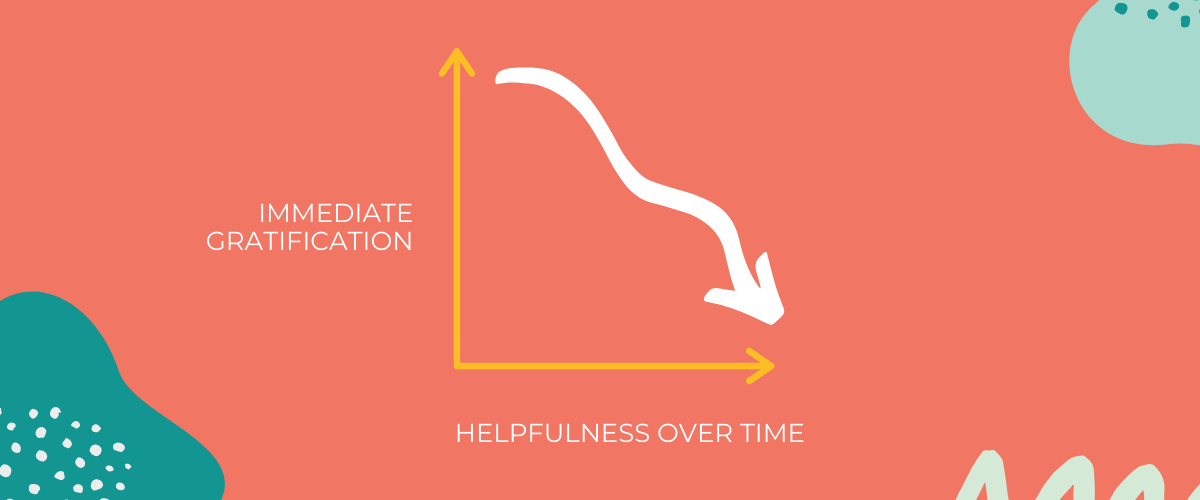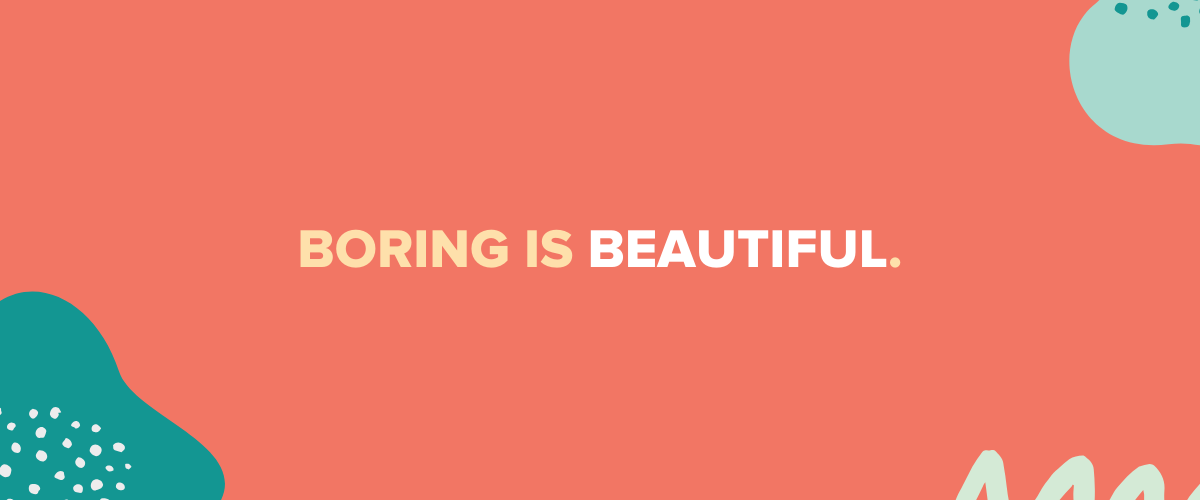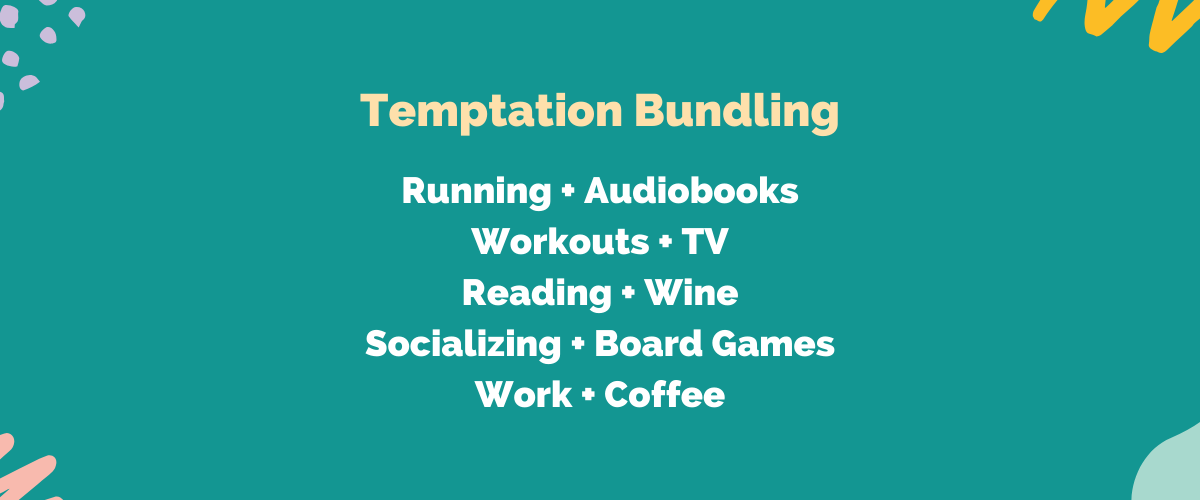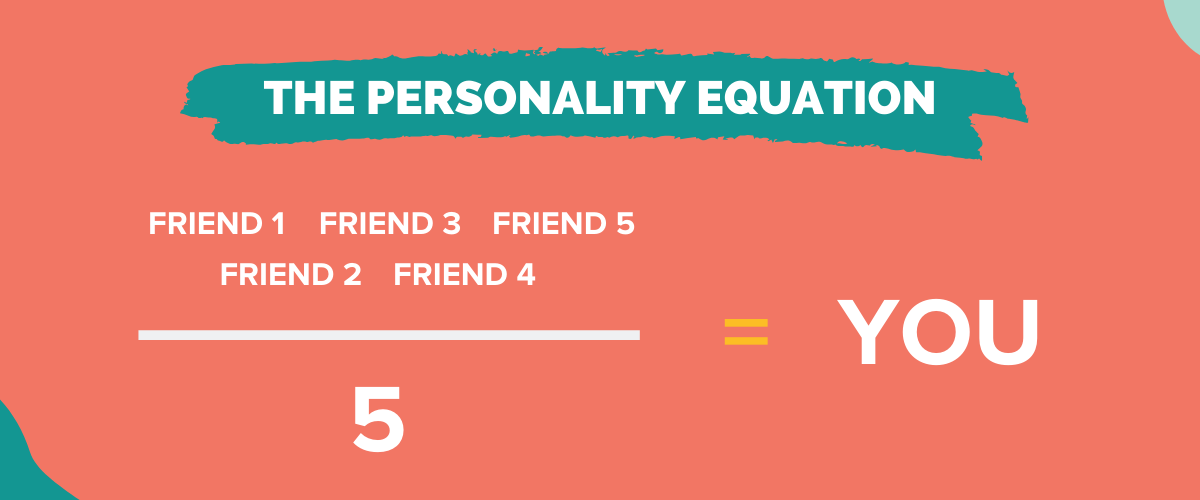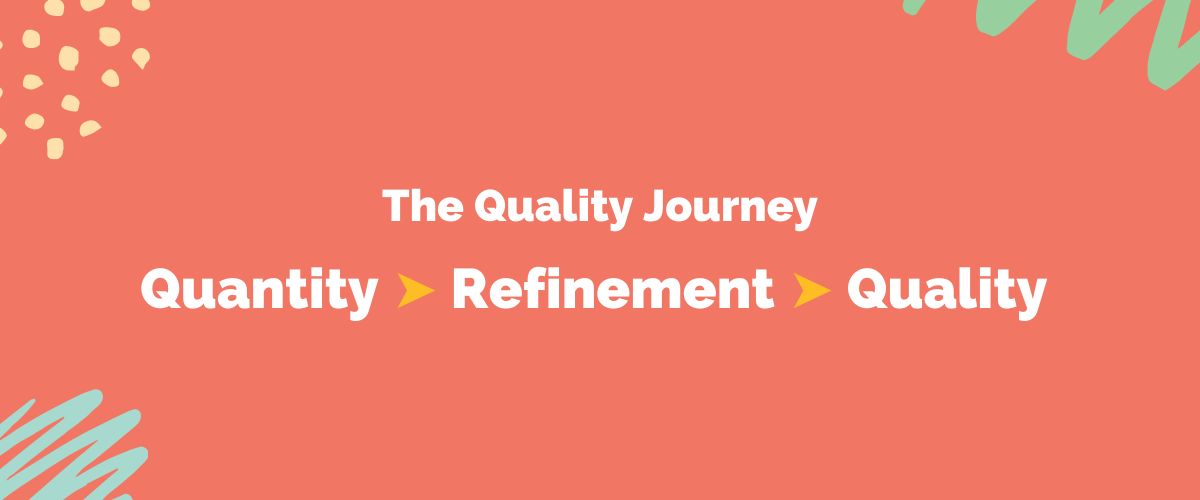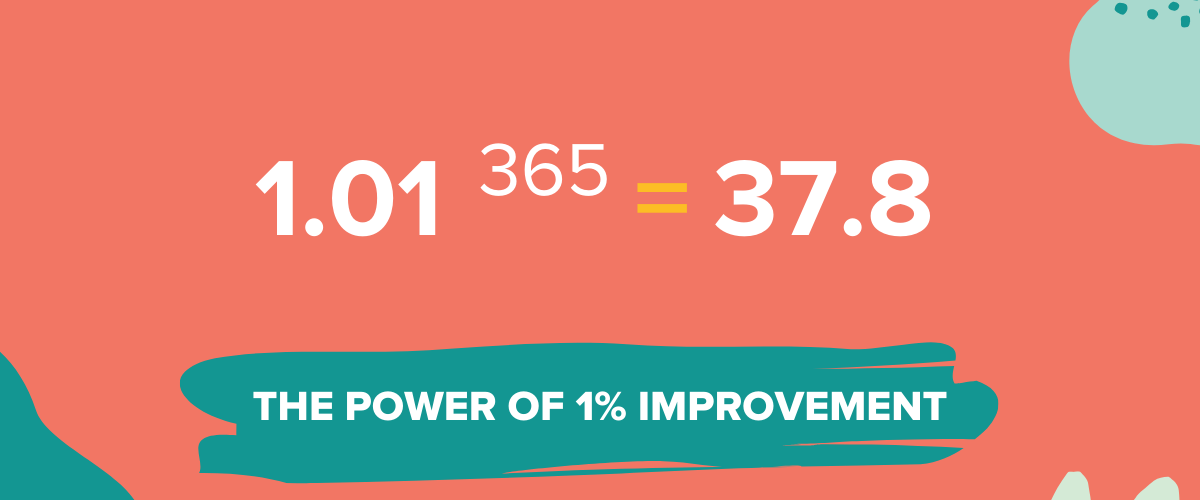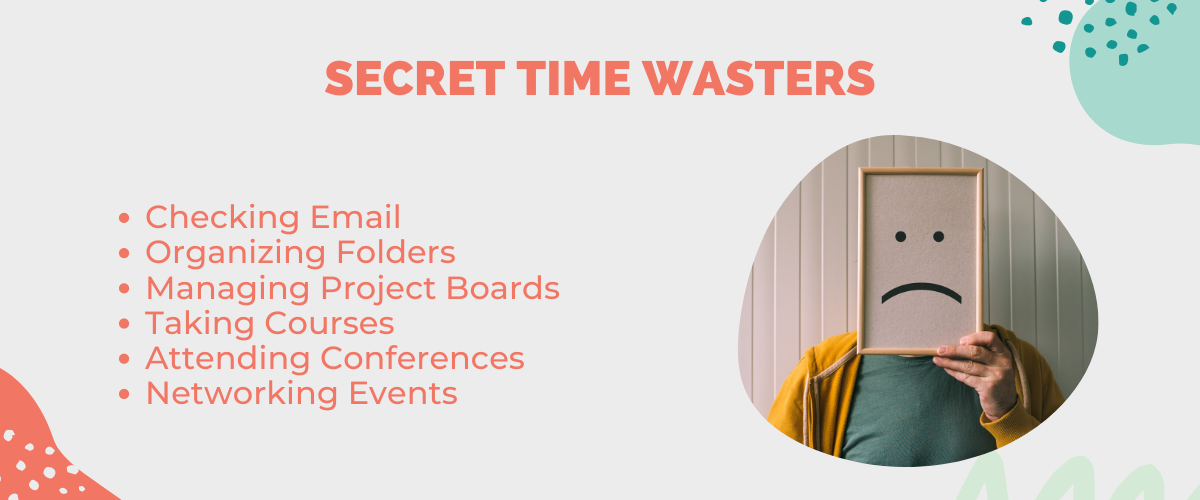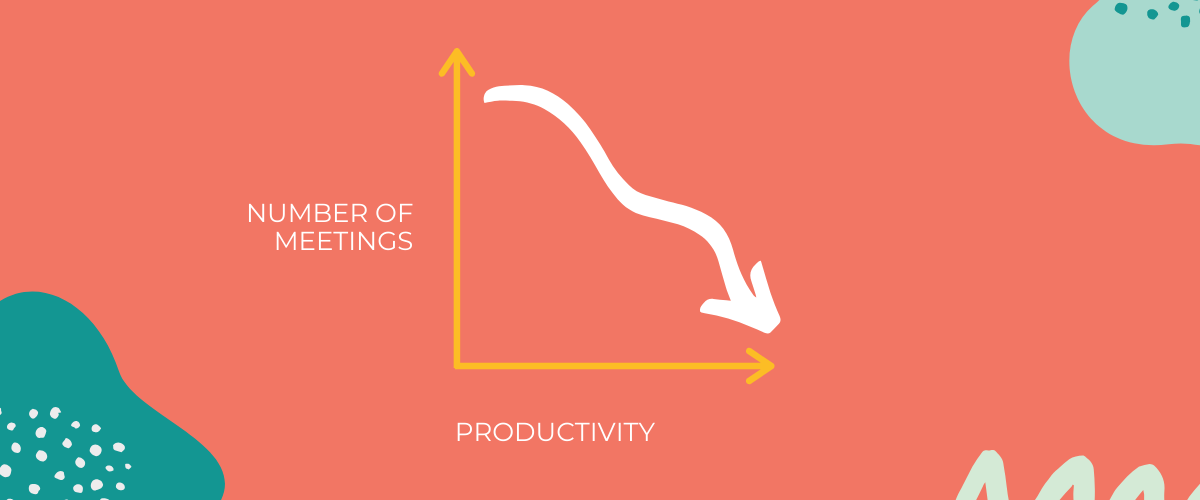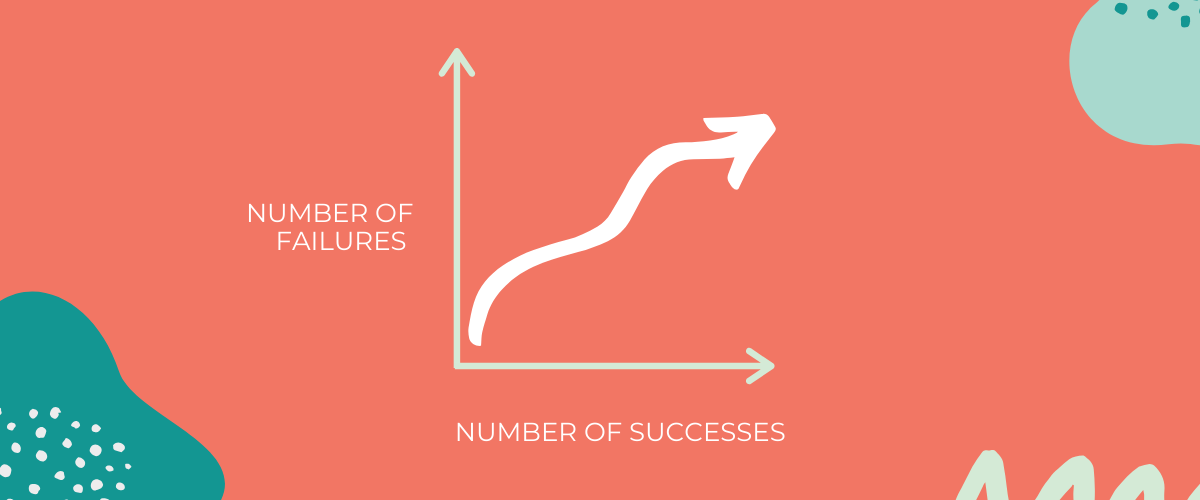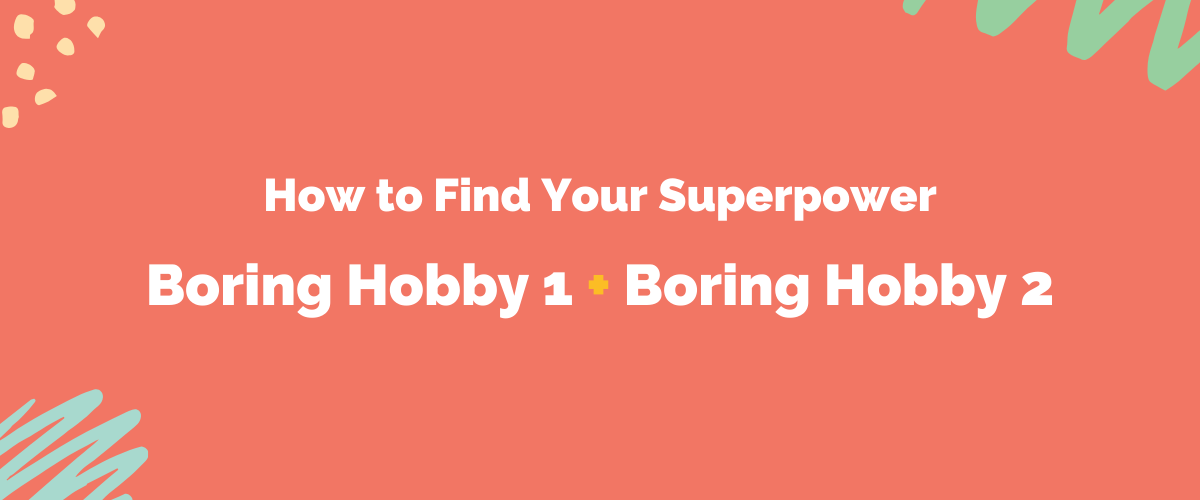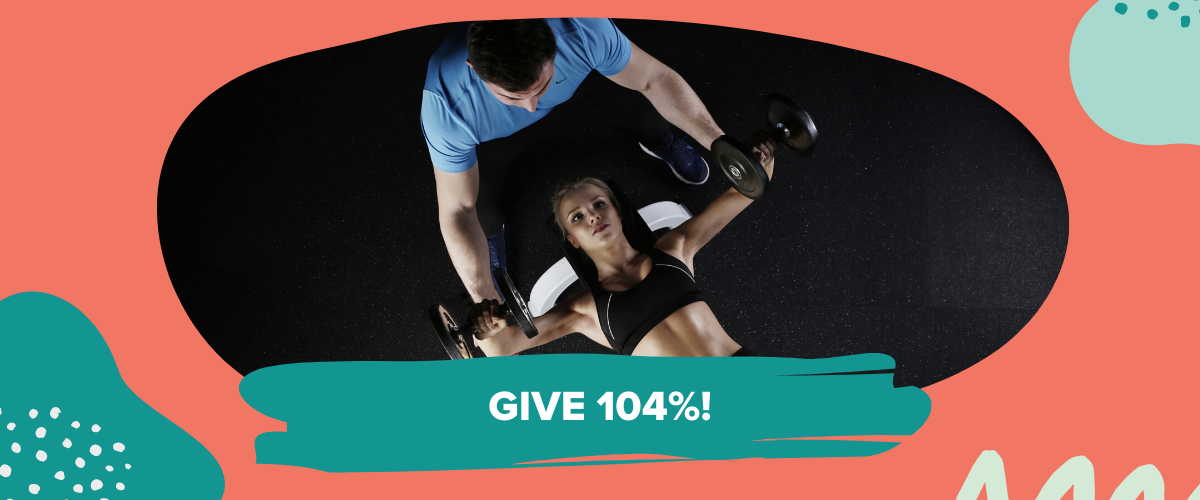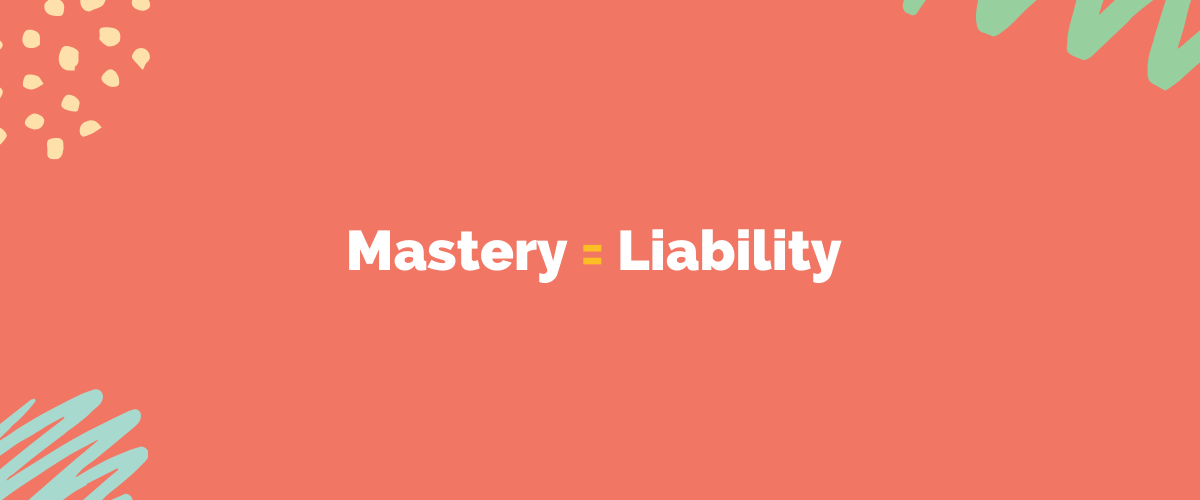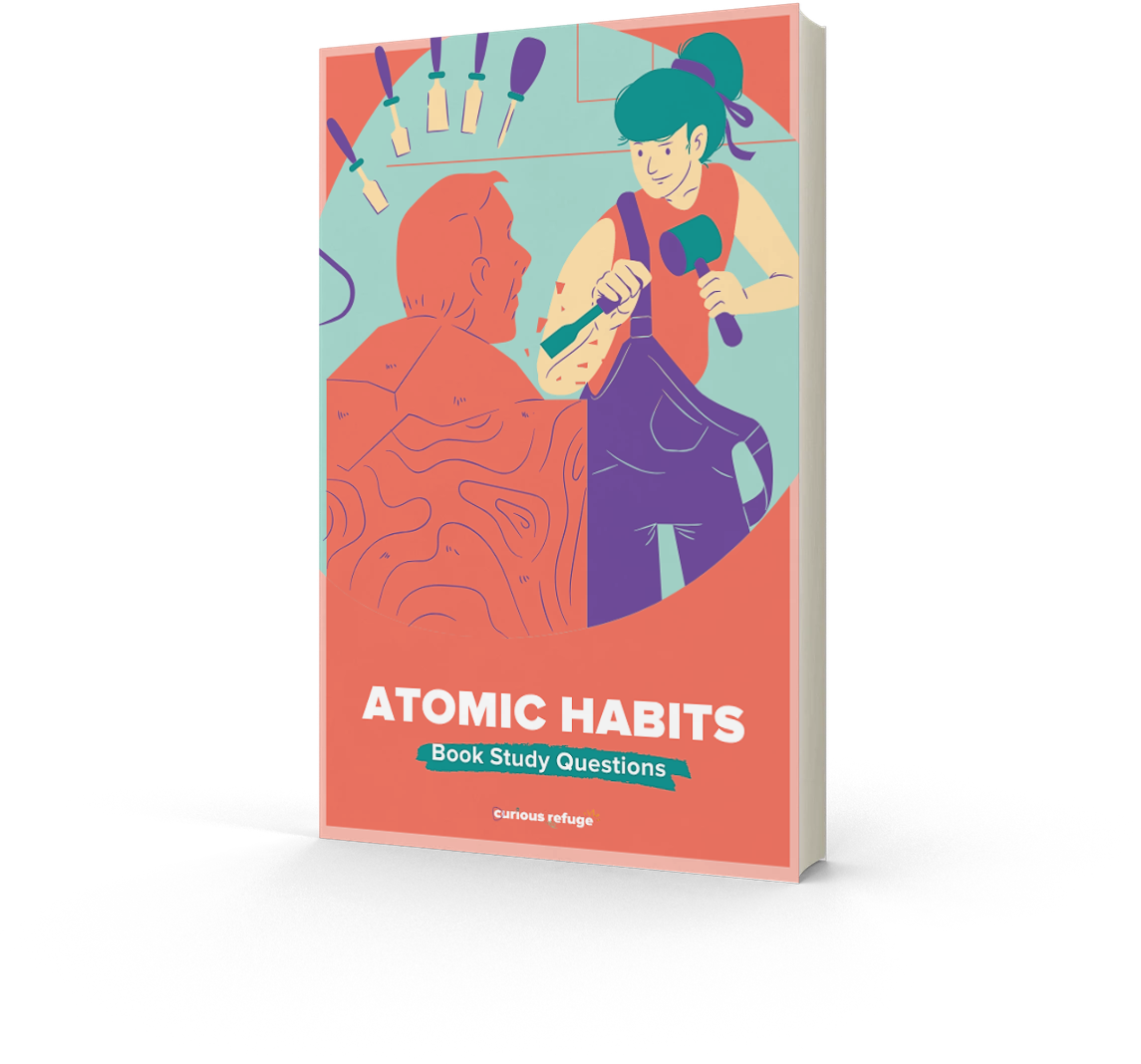Curious Book Club: 21 Life-Changing Takeaways from Atomic Habits
Here are a few incredible takeaways from Atomic Habits by James Clear.
Every now and then a book comes around and changes my life. Atomic Habits is one of those books.
The book, written by James Clear, feels like the natural sequel to Charles Duhigg’s The Power of Habit.
Here’s a fun video that we put together featuring some of our favorite takeaways from the book.
The author’s last name perfectly sums up the defining feature of this book - Atomic Habits' is a clear explanation of what it takes to create and sustain a great habit.
In a way, creating a good habit is almost indistinguishable from playing a game, this book shows you how.
Together, with our friend Luis, we started a book club to discuss the book and came up with 21 powerful takeaways that we are excited to share with you today. All of these points were taken from Atomic Habits and re-examined with commentary in this article. I am in no way taking credit for them, but there are a few of my own personal stories scattered throughout.
Download Atomic Habits Book Study Questions
I have compiled a list of questions inspired by the book that really helped our book study. Even if you don't have a book club, these questions can be fun to ask a partner, friend, or coworker. There are also blanks in there for you to print out and write your own responses.
Note: These questions are not officially endorsed by the author or publisher.
Things We Learned in Atomic Habits
Here is the list of awesome things we learned in this book. On that note, go buy Atomic Habits, it will change your life.
1. Habits are Like Trees
It's weird to say, but habits are like trees.
Breaking a bad habit is like uprooting a large oak tree and creating a good habit is like cultivating a small little sapling.
Creating a good habit takes care, patience, and realistic expectations.
Questions:
What are some bad habits that need to be uprooted in your life?
What are some good habits that need to be planted and nurtured?
2. Goals are Overrated
Goals can be helpful, but they don't hold a candle to creating a lifestyle system.
Goals are problematic because they are binary, you either obtain the goal, or you don't. You either ran the marathon or you didn't. You either lost 50 lbs or you didn't. You either made $100,000 or you didn't.
In this way, a goal can punish you even if you achieved the desired lifestyle (becoming fit, financial security, etc.). In short, you can be more successful than ever and still feel like a failure.
That sucks.
When you set measurable goals, you are boxing yourself in to a very narrow view of success and not allowing yourself to be flexible.
Goals can also become harmful if you achieve them. For example, if your goal is to do a 'Whole 30' and you achieve it, what do you do on day 31? If your goal was to run a marathon and you achieve it, what is the point in running anymore?
This is why people often fall into bad habits after reaching a goal.
Question:
What is the true desire at the root of my goals?
3. Identity > Habits
Habits are all about identity.
Marathon runners show up every day because they view themselves as runners. Wealthy people invest in the stock market because they view themselves as investors. Songwriters create music because they view themselves as musicians.
It's your identity that allows you to confront the inevitable challenges that arise when mastering something.
Vegans are far more consistent in their diet than those on keto, paleo, or Whole30. Is it because a vegan diet is easier? Of course not. It's because they have created an identity for themselves, Vegan.
One exercise from the book is to simply ask yourself if your desired identity lines up with your actions.
For example, if you go to a fridge and see cake, you can ask yourself:
"Would a healthy person eat this?"
It's easier to change a habit if you try to emulate someone else.
I like taking it one step further and actually give my ideal person a name. So if I run into a creative problem I ask myself, what would Walt Disney do in this situation?
Answer: She would shake it off… shake it off…
The goal is to view yourself as the 'kind of' person who performs the desired action.
I'm the kind of parent who is patient under pressure.
I'm the kind of partner who listens before responding.
I'm the kind of boss who cares for emotional needs over business results.
Change your identity and your outcomes will automatically change.
Questions:
What type of person do you want to embody?
Who are the specific people you want to emulate in key areas of your life? (Fitness, Business, Faith, etc.)
4. The Goal is to Win the Election, Not Perfection
It's easy to quit a good habit if you have an all-or-nothing view of identity.
However this is not how identity works:
If a kind person is rude to their spouse, does that make them an unkind person?
If a good sales person loses a sale, does that make her a bad sales person?
If a healthy person eats a piece of cake, does that make them an unhealthy person?
Of course not.
Instead, it's helpful to think of habits as an election.
Each time you do a good habit or action you are casting the vote for the type of person you want to become. Each time you do something undesireable, you are casting a vote in the opposite box.
Your goal isn't to be perfect with your identity, it's to win the majority.
Question:
In what areas of your life are you trying to be perfect?
If your actions are a vote for identity, what characteristics would prevail?
5. Habits Solve Problems
Human happiness is almost always the result of a problem being solved.
Problem solving is all about weighing pros and cons a situation and creating a plan of action. This takes brain power.
To free up space to solve problems, your brain creates habits to automatically address reoccurring problems in your life.
This is how the problem of 'I'm sleepy' can result in the automatic response of 'get coffee'. Soon your body will fix the problem without you having to even think about it. Every morning, when you feel tired you'll grab a cup o' joe.
Question:
What reoccurring problems do you have in your life?
Could these problems be solved with habits?
6. Habit Stacking
One of the easiest ways to create a good habit is to use a technique called Habit Stacking.
Habit Stacking is essentially a sequence of helpful habits that happen one after another.
Morning routines are great examples of Habit Stacks.
You probably have a morning routine like:
Wake Up
Take Shower
Get Ready
Make Coffee
Walk Dog
If you already have this consistency, adding an additional helpful habit to this sequence is super easy.
For example, if you want to meditate daily, you can just start implementing it into your current habit stack, perhaps after you walk your dog or get ready in the morning.
In a way, this creates a lifestyle train that is difficult to break.
It’s easy to add more cars if the train is already rolling.
I mentioned this concept a bit in our 'Work From Home Tips Tutorial'.
I have created Habit Stacks for the following parts of my life:
Wake Up - Take Shower, Get Ready, Make Tea, Read Bible, Journal, Walk Dog, Eat Breakfast,
Work Start - Write Article, Check Email, Send Social Posts,
Work End - Check Email, Organize To-Do List, Work Out, Shower
Night - Clean House, Brush Teeth, Organize Room,
By having times in my day where I am performing habit stacks, I am able to very easily add new, helpful habits to my routine.
Questions:
What times of day can you dedicate to habit stacking?
Do you have bad habits in your stacks? (Social Media, YouTube, etc.)
7. Habit Trackers
Another helpful tool for keeping a habit is a habit tracker.
There are many ways to measure your habits including journals and apps. Use whatever system is easiest for you.
Here are a few of our favorite habit tracking resources:
Momentum - Habit Tracking App
Clear - A Habit Journal from James Clear (Author of Atomic Habits)
Allow life to happen. Missing one day of a habit is fine, but never let yourself miss two days in a row.
Question:
What system do you use to keep track of your habits?
8. Beware of Immediate Pleasures
Good habits have net positive results, bad habits have net negative.
Just because a habit has an initially positive result, doesn't mean that it will be helpful in the long-run.
A good rule of thumb.
For example, smoking may initially give you social connection with those you care about, but in the long run it will destroy your health. Social media in the morning may allow you to connect with friends, but in the long run you will put off writing that book.
"It almost always happens that when the immediate consequence is favorable, the later consequences are disastrous, and vice versa." - Frédéric Bastiat
Question:
If you continued your current lifestyle for 30 years, where would you be?
What instant gratification habits are keeping you from thriving in the long-term?
9. Be Predictable
Habits, like people, thrive in circumstances that are predictable.
In a world of pop stars and novelty, it can be easy to look at consistency as a negative thing.
However, it's often the person who creates a predictable, repeatable lifestyle that sees the most growth.
Don't be afraid to be boring.
There's nothing more boring than the person who does everything while becoming nothing.
Question:
How can you create consistency in your life for habit to thrive?
10. Temptation Bundling
One of the easiest ways to create a good habit is to use a system called Temptation Bundling.
Temptation Bundling is the process of pairing short-term and long-term gratifications together.
For example, if you want to read 50 books in a year, but often get distracted by watching TV and drinking wine, tell yourself, you can only drink wine while reading a book.
Or if you want to run more, tell yourself that you will only watch your favorite TV show if you are also running on a treadmill.
Pro Tip: Taxes and Whiskey is not recommended.
Question:
How can you pair your favorite short term gratifications with long term desires?
11. Your Environment Shapes Your Success
Your physical environment shapes habit success.
In the book, Clear talks about Hungarian psychologist László Polgár.
László was a man who believed that he could use an idealized home environment to raise his children to become great chess players.
Before his first child was born, he designed his entire house to compliment chess. He placed posters of famous chess players on the walls, he scattered chess books around the house, and for fun his family would simply play chess.
His three daughters were raised in this environment.
By the time the youngest was 14 she was a World Champion. Over time, two of the daughters would go on to become the first and second best female chess players in the world.
Such a lifestyle sounds oppressive and mean to the average person, but for the Polgár family it was quite the opposite.
The daughters talked about how they loved their home life growing up. Chess was all they knew, and their controlled lifestyle lead to mastery of that pursuit.
Your habits can benefit from similar lifestyle design. Shape your home, because it will shape you.
Question:
How can you shape your home to create good habits?
Would your ideal self thrive in your home?
12. Your Friends Shape Your Success
We are a mirror of our closest companions.
In fact, one study found that you are 50% more likely to become obese if you have an obese friend. In a way, the people around you literally shape who you are.
You are the average of the 5 closest people in your life.
The goal is to join a culture where your desired behavior is normal behavior.
You will have a much harder time becoming a runner if none of your friends value running. You will have a hard time growing your business if your friends work a 9-5 job.
Find a group of like-minded folks who identify with your ideal self.
For example, if you want to become a better artist find people who identify as 'artists'.
The shared identity will reinforce your personal identity.
Questions:
Do the people around you reinforce your desired self identity?
What in-person or online group can you join to help encourage your ideal lifestyle?
13. Quantity Trumps Quality
We've been trained by clever storytellers to believe that quality is more important than quantity.
However, quality is a bi-product of quantity. Let's explore this a bit...
In the book, Clear shares a story of a college photography professor.
The professor decided to divide his students in two groups, the quality group and the quantity group.
One group would be graded on the quantity of photographs taken. The more photos taken, the better the grade.
The other group would be graded on the quality of the photos. Anything less than great was penalized.
At the end of the semester, the professor reviewed the photos taken by the class and was amazed to see that the best photos came from the quantity group, not the quality group.
The same is true for you.
Instead of getting caught up on creating something perfect, focus on slight improvements over time.
Look at the famous 1% example. A 1% improvement every day for a year will yield over 37x the initial result.
Math is awesome...
Questions:
In what areas of your life are you focusing too heavily on quality, instead of quantity?
How can you create or do something poorly today, with the hope of getting better in the future?
14. Preparation Can Be Procrastination
We all know that watching tv, browsing social media, and playing video games can be a way to avoid work. However, if you're reading this article there's a good chance that you know that already.
For self-motivated people, procrastination often comes in the form of things that feel productive, but are actually time wasters.
Common time wasters include:
Checking Email
Organizing Folders
Managing Project Boards
Meetings
Taking Courses
Attending Conferences
Networking Events
Now that's not to say that any of those things are bad, they can all be good, but they are often procrastination tactics used to avoid actually doing something.
You've probably seen this at work. Instead of acting as a helpful communication session, meetings turn into productivity time wasters.
In fact, there is often a backwards relationship between the number of meetings a person has, and the productivity of themselves and their team.
During my content management days, I would often coach writers to get out of their heads and just get words on the page. Much of the time wasted through preparing to write was literally taking away from the final article.
A well-tuned writer could create a great article in 3 hours, a poor meeting could take the same amount of time.
Question:
What 'productive' thing in your life is actually a source of procrastination?
15. Professionals Keep Going
Simply put, when successful people get knocked down they get back up again.
It is wrong to think that if you can't do something perfectly, you shouldn't do it at all.
Failure is going to happen. In fact, it must happen for you to become successful.
#truth
To be afraid of failure is to deny success.
Question:
How has your fear of failure kept you from starting a good habit?
16. Target Identities, Not Numbers
Humans love number-based goals.
We want to hit 10,000 steps. Lose 40 lbs. Save $50K. Gain 1000 followers.
But just because something can be measured, doesn't mean it is actually helpful for your lifestyle.
My favorite example of this is a weird diet I went on a few years ago.
I told myself that I wasn't going to eat any fried food for 30 days. Period. Seems harmless enough, right?
The problem was, instead of making it my ultimate goal to be someone who was healthy, I fell in love with the challenge of not eating fried food.
I went to a burger place with my coworkers, ordered a burger, and, instead of ordering a side of fries, I ordered a side of a chili dog.
Sure, I met my goal, but I was actually hurting my ultimate goal of being a healthy person by holding too tightly to the measured result instead of the larger picture.
Despite what your boss may tell you, when a measure becomes a target, it ceases to become a good measure.
Question:
What unhelpful measurements of success should you rethink?
What is the real motivation behind your number-based goals?
17. What Annoying Process Do You Love?
Everybody loves something that others would find boring.
In fact, it's often your ability to fall in love with a boring process that makes you successful in the long run.
If you love reading old history textbooks, you have a great shot at becoming a successful historian. If you love meal planning, you would likely become a great nutritionist. If you love numbers and spreadsheets, you might become a prolific accountant.
Rock Stars have it so easy…
There are things in your life that feel natural, that come at great difficulty to other people. Those are your strengths.
Questions:
What boring thing do you love?
What do you enjoy doing that others complain about?
18. Creating Superpowers: The Power of Combination
I have some good/bad news: You will probably never become world-class in an industry.
Despite your love for a hobby or subject, you probably won't be the world's best writer, athlete, painter, or business owner.
But that's ok.
Great things happen when you combine two things that you are pretty good at, instead of trying to become world-class at a single, highly-competitive thing.
I'm a decent writer and a decent motion designer, but definitely not world-class. However, when I combined those passions I was able to dominate the online motion design publication industry.
Curious Refuge is trying to do the same. We are decent at productivity and decent at humor.
When we combine those two passions together, we create our superpower, a home for productive goofballs.
Combining two things that you are pretty good at is like playing a game that you created. Other people can try to play along, but it will ultimately become too difficult or expensive for them to compete.
You will always win when you create a new category. Play a game where it's better to be you.
Here's a quick exercise:
Make a list of things you are pretty good at.
Combine some of those things together.
These combinations are the things that will bring you success, wealth, and fame in the long-run.
Question:
What are two skills that you can combine to create a superpower?
19. 4% Flows
The desire for any productive individual is to enter into a work zone called a 'flow state'. A flow state is a mindset where you are incredibly productive and tuned into the work you are doing.
These flow states happen in a very controlled and regulated environment. They will never happen with Slack, distracting coworkers, or background noise.
But to enter a flow state you must follow a simple principle:
Create a Distraction-Free Environment
Push Yourself 4% More than Last Time
By pushing yourself slightly (not too much), you give your brain the right amount of challenge and comfort to grow without burn-out or boredom.
Question:
How often do you remove distractions and work in a ‘flow’ state?
20. Mastery Leads to Complacency
It's the age-old story.
A boxing legend is defeated by the young champion. A world-class painter is upstaged by a high school prodigy. The Instagrammer makes more money than the business mogul.
I can't help but call this the 'Blockbuster Effect'.
It's easy to assume that because you are a master or successful person, you don't need to change or grow. But after a while, your mastery of a subject becomes a liability.
Every accomplishment will be upstaged. Every record will be broken. Every dominant business will become the underdog. Every industry will change.
"If we don't create things that will kill Facebook, someone else will."
- Mark Zuckerberg
The trick is to become the type of person who is willing to become better. Be the type of person who continually grows and changes. Press into innovation and change.
If not, you'll soon fall behind.
Question:
What skill have you mastered that needs a refresh?
What new technologies could destroy your current industry?
21. Establish A System for Reflection and Review
Creating a good habit is an awesome accomplishment. However, it is vital for you to have a system to review your accomplishments and re-orient your habit systems
For example:
Is a keto-diet actually helping you lose weight?
Does running actually make you feel healthier?
Are your work habits leading to more results?
By setting aside regular time to review your performance, you can discern if your lifestyle needs any changes.
I review my own life every quarter using Michael Hyatt's LifeScore Assessment tool. If you're looking for a good way to judge where you're at, I recommend checking it out.
Question:
How will you regularly review your habits?
Go Buy Atomic Habits
I hope you enjoyed some of these takeaways from the book. I can't stress enough how awesome Atomic Habits has been for me emotionally and professionally. It is one of the best books I have ever read, and I'm sure it will dramatically help you too.
A few of the links in this article give us a small kickback if a purchase is made. Thank you for your support and we hope you enjoyed the article.
Download the Atomic Habits Book Study Guide
You can download the free book study guide by clicking the button below.

